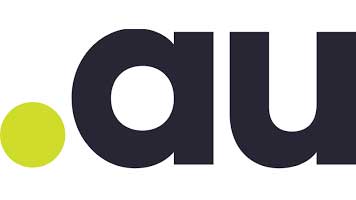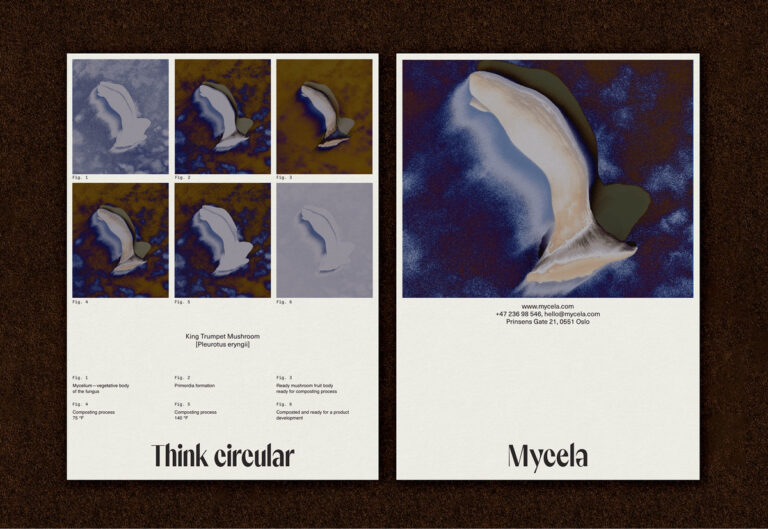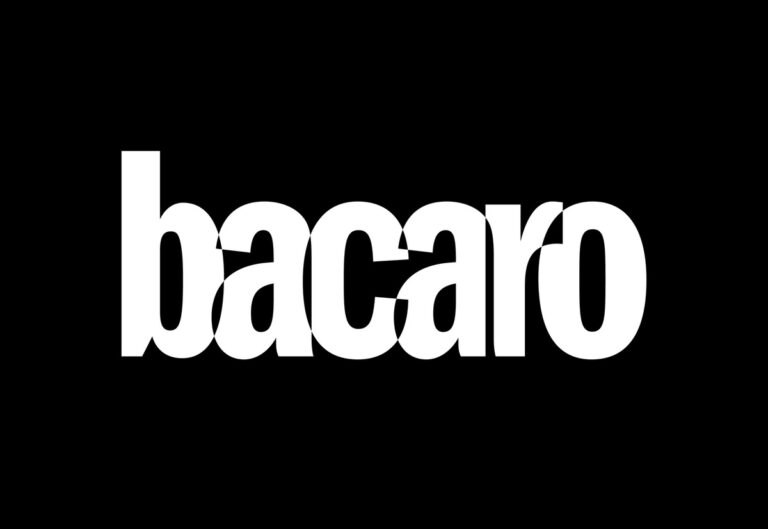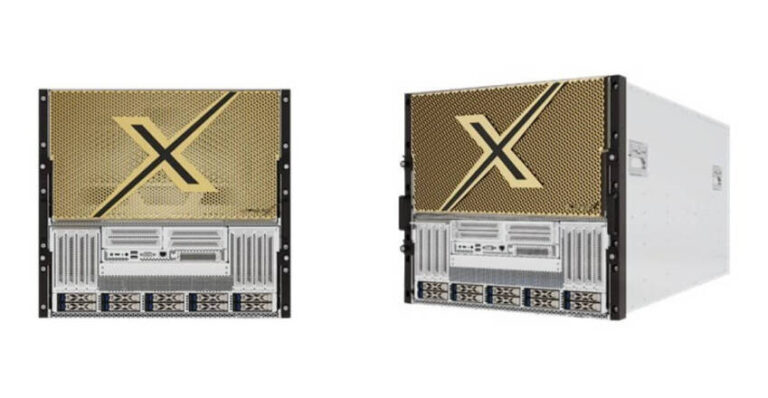Here’s a rewritten version of the article, preserving the original message but with clearer structure and updated flow:
—
🚀 What Does “Disruption” Really Mean?
Disruption is a term that’s thrown around constantly in the world of innovation and entrepreneurship. It sparks debate, fuels ambition, and often divides opinion. And for good reason—disruptive ideas have completely transformed industries, turning traditional business models on their heads.
According to The Economist, industries like music, book publishing, taxis, newspapers, retail clothing, and video rentals have all been significantly reshaped by digital innovation in the last two decades. But with so many claiming to be “disruptive,” the term itself is starting to lose its meaning.
🧩 The Dilution of Disruption
Whenever a new idea threatens the norm, resistance is inevitable. In today’s startup-driven world, everyone is racing to create the next big thing. In the process, many have watered down the concept of disruption to fit their own narrative. As a result, the term has become muddled—used to describe everything from minor improvements to groundbreaking revolutions.
💡 So, What Is Disruptive Innovation?
The term was originally coined by Harvard professor Clayton M. Christensen. He defined disruptive innovation as a “technologically simple innovation in the form of a product, service, or business model that takes root in a market segment that is unattractive to industry leaders.” In other words, it’s about starting small—targeting overlooked markets—and eventually overtaking established players.
Despite this seemingly straightforward definition, the concept has sparked intense debate, especially as technology and business models have evolved.
📌 Core Traits of Disruptive Innovation
Disruptive innovations typically share these characteristics:
– A novel business model
– A new product or service that improves efficiency
– Low cost compared to existing alternatives
– The potential to reshape or replace existing markets
But even these traits are up for debate. Some argue that only business models can be disruptive. Others, including Christensen, believe products and services can be disruptive too. Some insist disruption must be technologically simple; others argue complexity is acceptable. While many believe disruptive offerings should be cheaper, some say they can be more expensive if they redefine value.
🔄 The Complexity of Defining Disruption
Combine all these differing opinions, and disruption becomes a complex puzzle. No wonder some experts now call it a buzzword. Publications like The Guardian and The New Republic have argued that the term should be retired altogether, claiming it’s become a cliché.
🚗 Is Uber Disruptive?
Uber is often cited as a textbook example of disruption. It’s revolutionized transportation and challenged the taxi industry like never before. Yet, Christensen himself argued that Uber isn’t truly disruptive—it’s just a better version of an existing service.
TechCrunch disagreed, pointing out that Uber has taken significant market share from traditional taxis, which, by Christensen’s own framework, could qualify as disruptive. The debate highlights how subjective the term has become.
😩 So Why Bother With the Term?
At this point, you might be wondering: if no one can agree on what disruption really means, is it even worth using the term?
The answer is yes—because disruption, whether real or aspirational, inspires innovation. It gives entrepreneurs something to aim for. Even if the definition is fuzzy, the goal is clear: to create something better, smarter, and more impactful.
Companies like Netflix, Spotify, Amazon Kindle, and yes, even Uber, have changed how we consume media, read books, and get around. Whether or not they’re “disruptive” by strict definition, they’ve undeniably shifted the landscape.
🎯 Final Thought: Aim for Disruption—Whatever It Means to You
Whether you see disruption as a myth, a buzzword, or a guiding principle, let it challenge you to think differently. Use it as motivation to innovate, to solve problems, and to push boundaries. That’s how progress happens.
—
Ready to test your startup idea?
We’re offering a free idea evaluation for readers in Australia and the UK. Want to know if your concept has potential? Get expert feedback here:
🇦🇺 Australia: Free Idea Check
🇬🇧 United Kingdom: Free Idea Check
—
👥 Join Apollo: A Free Founder Community
Apollo is a supportive community for first-time founders. With access to 1,600+ entrepreneurs, 50+ mentors, 30+ investors, and over $10K in partner discounts, it’s built to help you succeed from day one.
👉 Join Apollo for free today.







